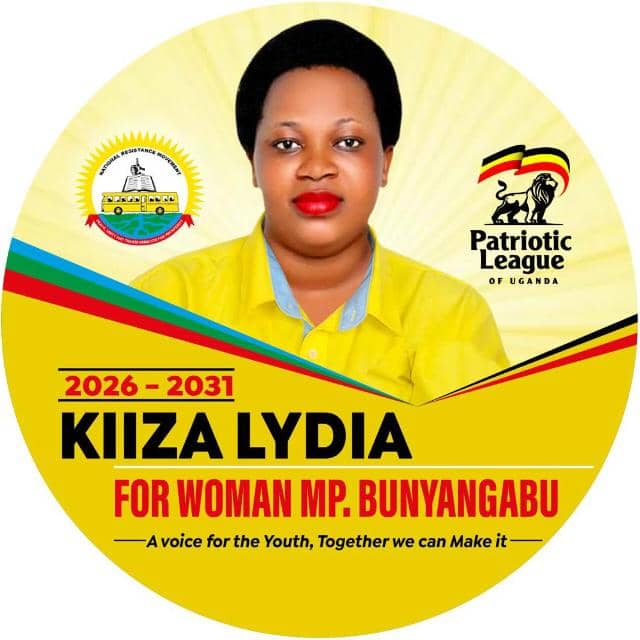By Andrew Irumba
Kampala: Broadcasters under their umbrella organization, National Association of Broadcasters (NAB) have petitioned Uganda Communications Commission (UCC) as a communications regulator to come clearer and address a business brow where Pay-TV platforms have reportedly suspended Free to Air (FTA) (local channels) from their platforms.
READ ALSO: NAB Protest Security Raid On Media Houses
According to UCC Act, All local channels are supposed to be carried free unto the Pay-Tv channels. In others words, DSTV, StarTimes, Zuku and Azam TVs customers MUST be able to continue accessing all local channels, which are FREE TO AIR channels even when their monthly subscription expires. UCC insists that these are free channels that a Ugandan must not pay for in order to access them, and that it’s part of their licensing terms and conditions.
However, all Pay-TV carriers insist that such a move would deprive them from making money and finally close shops since over 60% of their subscribers pay monthly subscription mainly to watch local channels, and that once these channels are accessed free, then there will be no reason as to why they would continue paying the monthly subscription fees.
“If clients pay mainly to watch local channels, and you want me to carry them free of charge?, then they will simply not pay my subscription, but remember this is my business. You giving me license, levy very high taxes and then tell me not to charge certain category of my clients is really below the belt, to say the least. International channels alone won’t push our clients to pay at the end of the month,” a senior staff from StarTimes who preferred anonymity told this reporter on Saturday night.
Currently, at the end of your subscription, all local channels are blocked from the above carriers apart from the national broadcaster-UBC TV.
“Before they impose such directives on us, UCC should know we are too lenient already, that’s why we left UBC to be watched freely. We’re not Signet. We’re doing Signet and UBC by carrying them free,” she added.
READ ALSO: High Court Sets Date To Hear Case Against UCC Over Authorization Of Online Broadcasting
Therefore as a result of this controversy, NAB which is an umbrella body for these broadcasters, through their petition dated October, 23, 2020, signed by Chairman Kin Kariisa have called upon UCC to intervene and sort the matter in order not to deprive citizens of their Right to free information access.
Below Is The Full Petition;

“INQUIRY INTO THE SUSPENSION OF FREE TO AIR TV CHANNELS FROM PAY- PLATFORMS
We would like to bring to your attention that several members of the association have received notes of suspension of their channels from Pay-TV platforms citing alleged instruction by your regulator.

The claim is that FTA Channels upgrade their licenses to a PSP-Pay TV or PSP-Hybrid Content provider’s Licence.


By this letter, NAB seeks the intervention of the Commission in the interest of our FTA members on the basis that;

a. That Commission recognizes that these companies hold two legally Separate licenses Public Infrastructure Provider (PIP) and PSP-Pay TV
b. That FTA Channels are mainly contracted to consume services of the Public Infrastructure License (PIP) which are in operation designated as Multiplex Public Infrastructure Providers availing services to other licensed content providers outside itself.

c. That most of the FTA Channels are in paying agreements with these Multiplex Public Infrastructure providers for them to carry their channel streams.
d. That given that these PIP License holders also hold PSP-Pay-TV Licenses they implore the FTA Channels to provide their Streams to be carried as encrypted channels tor the primary benefit of their Multi-stream PSP-PayTv Including them in their different Subscription bouquet tiers.
It’s then NABs prayer to the commission that;
1. The Commission respectfully under the circumstances as explained above reconsider the requirement for FTA TV Channels to possess a Hybrid PSP License for their channels to be carried on duly Licensed Multiplex PIP License holders.
2. The commission recognizes that PSP-FTA Channels do not draw or claim a direct commercial benefit from the encryption of their channels by the PSP-Pay Multi-stream Content providers and in so doing unintentionally create a situation of double jeopardy in having to Pay carry fees with these same PIP License Holders but also the more expensive Hybrid License to the Regulator
3. The commission arbitrates between these Multi-Stream PIP License holders that also hold PSP-Pay-Tv Licenses to desist from illegally requiring FTA Channels to be encrypted on their decoder infrastructure and make it possible for FTA Channel to operate outside the PSP-Pay Tv bouquet offers of these Multiplex PIP License holders.
4. The PSP-Hybrid License is unaffordable to the PSP Content Service Provider Regional Holders with a huge price disparity between USDS2,700 tor a regional license and USDS18,900 for the Hybrid License and, therefore;
NAB requests that the commission considers the option of a Regional Hybrid License which option is within its mandate as provided under the Uganda Communications (Licensing) Regulations 2019 Regulation 18 (1)6)- “The commission may, based on the area of coverage, grant a license as regional and Regulation 20 (2)- “The Commission may define expand or limit the scope of a broadcasting service”
NAB Additionally humbly requests the commission that communication to these dual License Holders PIP/PSP-Pay-Tv staying the order to suspend the services of the FTA Channel stream out Hybrid Licenses be considered so we can work together in driving these issues to their conclusion.
A multi-sector meeting is then suggested and requested for Thursday 29 October 2020″.
TheSpy Uganda has also separately learnt that some big players in the Industry are technically foiling state owned Signet from strengthening their operations because, should that happen, then they fear that they will soon be kicked out of business since this would mean that Signet would carry all local channels free and yet for now they’re the main attractions for monthly subscriptions from their customers.
“It’s obvious case, these ‘mafias’ have done everything possible to cripple Signet from carrying out 100% of the purpose for which it was established because they fear once the public start accessing all channels free then they may have to depend on selling International channels only which is not tenable for now. Ugandans want to know what’s around them more for now, and that, local channels are doing it well,” said another experienced communicator who has been in the media Industry business for decades but opted to remain anonymous.
Watch the Space…









